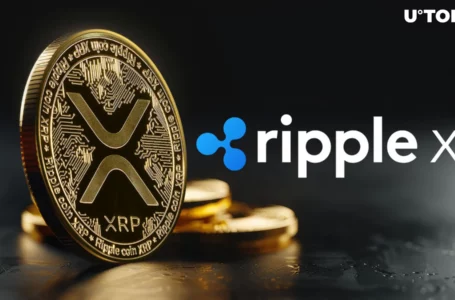
Leading Ethereum Layer 2 scaling solution, Polygon, today announced that the long-awaited Ethereum Improvement Proposal (EIP) 1559 upgrade will go live on the mainnet next week.
Polygon’s London HardFork Set to go Live
In an official announcement on Wednesday, the India-based project noted that the upgrade, which will initiate the burning of MATIC, is scheduled to go live on the mainnet on January 18, 2022 at about 8 a.m. UTC.
The EIP-1559 upgrade, commonly referred to as the London hardfork, completely revolutionizes the way the fee market works on the Ethereum network. It eliminates first-price auctions as the primary fee calculation mechanism and introduces a low-profile base fee that is burned rather than paid to miners.
While this change does not lower transaction fees, which are governed by the forces of demand and supply, it does allow users to estimate costs better and reduce the number of users overpaying.
However, these changes will have far-reaching effects for all of Polygon’s stakeholders, including its native token holders (MATIC), validators and delegators, decentralized application (dApp) developers, and users.
Deflationary Effect on MATIC
Since MATIC has a fixed supply of 10 billion tokens, any reduction in the number of available coins will have a deflationary effect on the asset.
The core project team noted that their analysis concluded that an annual consumption of MATIC would be 0.27% of the token’s total supply, or approximately 27 million MATIC.
For dApp users on the network, the EIP-1559 upgrade will further increase their benefits of enjoying even lower fees. However, there will be fewer MATIC tokens available. Developers, on the other hand, will receive a boost as all of their Ethereum toolings will work seamlessly and face minimal adverse effects.
The deflationary pressure will mutually benefit validators and delegates since their rewards for processing transactions on the Polygon network are denominated in MATIC.
Additionally, the changes will result in fewer spam transactions and less network congestion since the base fee increases automatically once the block is filled up.
Meanwhile, Polygon recently detected and fixed a bug that allegedly put over $24 billion worth of MATIC at risk.


















